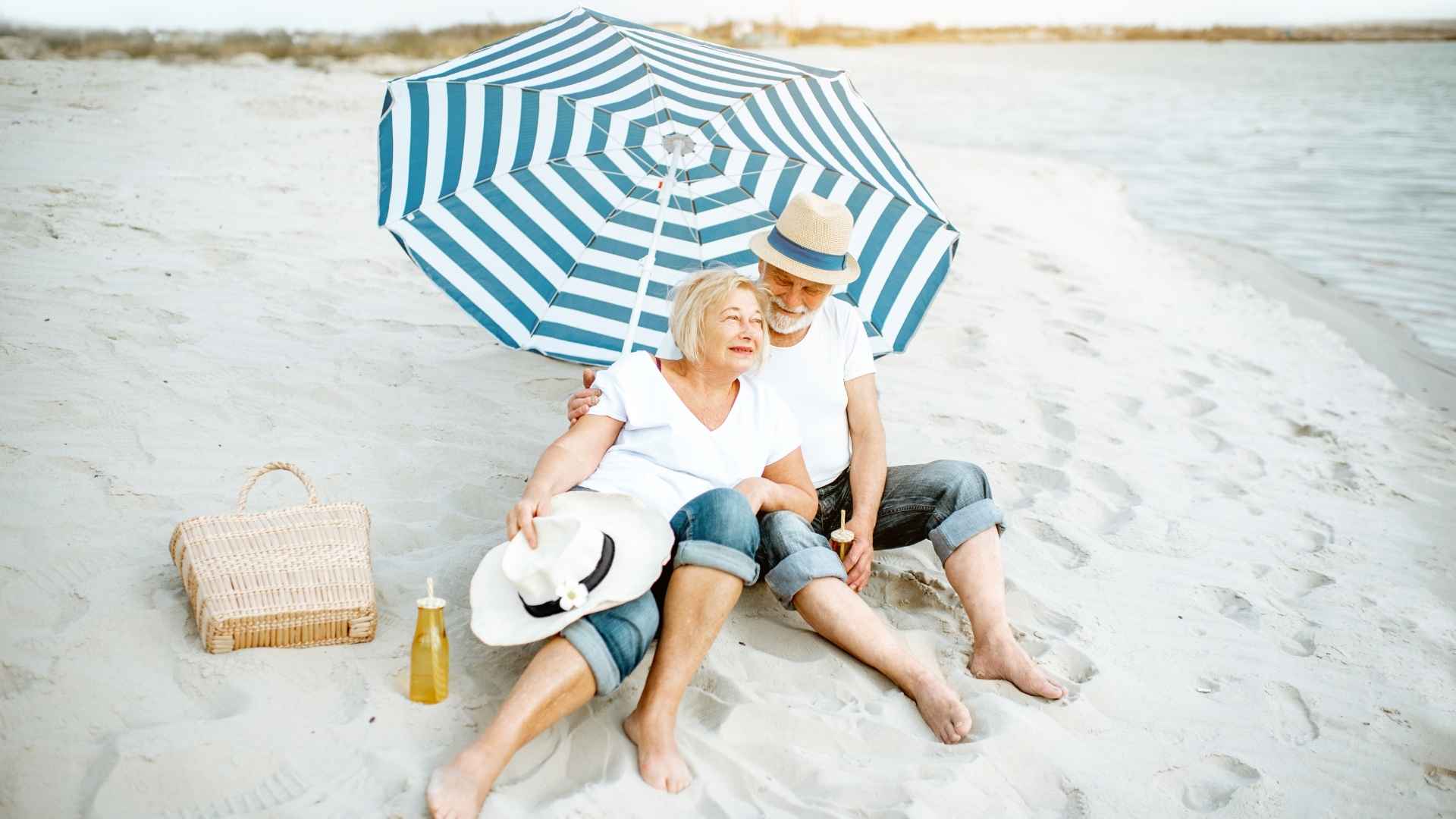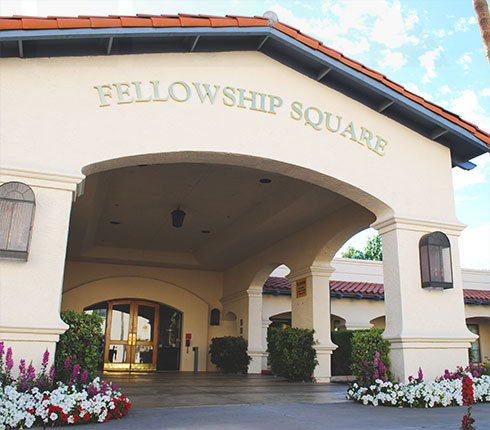Sun Safety Tips for Seniors in Honor of UV Awareness Month

July is UV Awareness Month and according to the American Academy of Dermatology Association (AAD), it is recognized to “raise awareness that UV is the root cause of most skin cancer and encourage the public to take precautions." Fellowship Square advises how to safely enjoy the sun this summer — while protecting the skin.
The AAD puts these precautions into three simple steps when spending time outside, not just in the summertime, but all year round:
• Seek shade when appropriate
• Wear sun-protective clothing
• Apply a broad-spectrum, water resistant sunscreen with an SPF of 30 or higher
According to the American Cancer Society, “Ultraviolet (UV) radiation is a form of electromagnetic radiation that comes from the sun and man-made sources like tanning beds and welding torches.” There are many types of UV radiation depending on their energy, and the American Cancer Society breaks them down into three main categories:
UVA rays, which have the least amount of energy of the UV rays, but can cause skin cells to age, cause indirect damage to cells’ DNA, and can cause long-term skin damage like wrinkles.
UVB rays have more energy that UVA and they are generally the rays blamed for causing sunburns. They can damage cell’s DNA directly and are believed to be the cause of most skin cancers.
UVC rays have the most energy of these three groups yet are generally not a risk for skin cancer because they react high in the atmosphere rather than reaching the ground. However, they can be found in man-made sources such as welding torches, mercury lamps and UV sanitizing bulbs designed to kill bacteria and other germs.
Avoiding the sun when UV rays are the strongest, between 10 a.m. and 4 p.m., is one of the keys to avoiding UV damage. It’s also important to keep in mind that rays are stronger during the summer months. Remember that even on a cloudy day, UV rays can reach the ground — and the skin. So wear UV-protective clothing and or sunscreen on cloudy days too.
When preparing to spend time outdoors, particularly in the peak hours of UV rays, cover as much skin as possible with light clothing and or sunscreen. Remember that sunscreen only lasts a few hours (particularly if spending time in and out of the water) so re-applying often is key. Remember places like the tops of the ears and the back of the neck that may be forgotten. A hat can help protect the scalp and sunglasses can protect the eyes from UV rays.
Seeking shade as the AAD recommends is not only a good idea to protect from UV rays, but also take a reprieve from the heat. Seniors should take care to get out of the sun if they feel dizzy or are experiencing excess sweating. Keeping cold water nearby and drinking plenty of it throughout the day can also help avoid dehydration, heat exhaustion, or heat stroke.
Fellowship Square encourages seniors to enjoy the summertime safely! Keeping these tips in mind, seniors can spend time outdoors without experiencing damage from the sun or illness from the heat.

